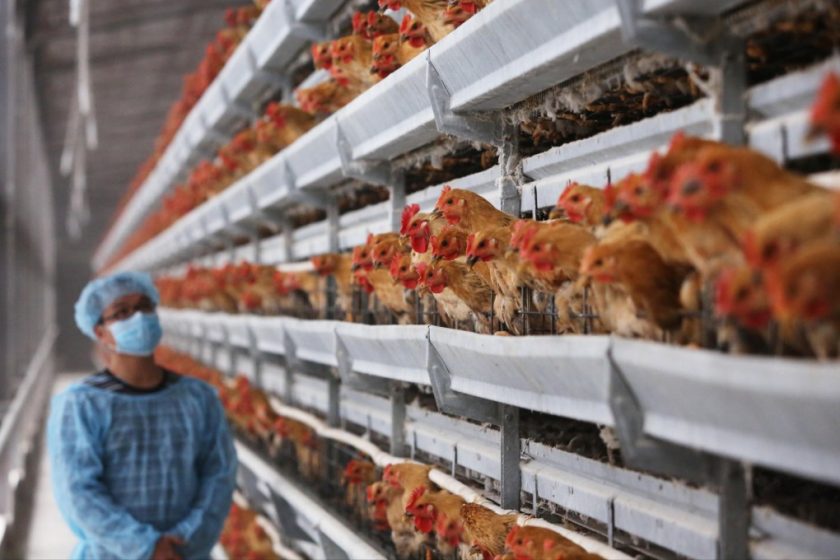China’s poultry sector is a particularly complex market, but it continues to quickly evolve, according to Prof Yang Ning of China Agricultural University in a report from the International Poultry Forum China.
He explained that China has many different poultry breeds, a wide array of products and a broad range of production methods, and it has the world’s largest poultry flock.
The country’s egg industry, the largest in the world, exemplifies that diversity. The market not only comprises brown and white eggs, but also pink or tinted eggs. These pink eggs, rather than declining in popularity due to mainstream egg production, have seen demand rise over the past two decades.
“Consumers favor these very special eggs as they remind them of eggs from traditional, native breeds,” he said, adding that China is predominantly a brown egg market, but there is some white and some blue egg production.
Production methods
Where production methods are concerned, Prof Ning said 50 years ago almost all production was free range, but by the 1990s, almost all had converted to traditional cages.
Some 10-20 years ago there was a further shift with producers adopting automatic tiered cages. This production method is used in almost all newly constructed layer houses and offers a very efficient way to produce eggs.
These tiered cages can be 6-10 tiers high, and up to 200,000 layers can be kept in a single house. These houses are not only efficient, but necessary in a country where land is scarce and permission to construct new layer houses is difficult to gain. They also require less labor – two laborers can easily manage 100,000 layers daily.
He noted that the house environment is precisely controlled, with a high degree of automation, for example, the use of inspection robots that can report a dead or sick bird, air quality, and temperature in real time.
For those that question the welfare of such systems, he argued that welfare is high and that 100% of broiler production could move to this approach.
Broiler production
Where broiler production is concerned, in addition to fast growing broilers, China also has its yellow-feather birds, primarily in the south of the country, Prof Ning revealed.
These birds are seen as having a superior taste, but grow more slowly with poor feed efficiency, meaning that they sell at a higher price than white-feathered birds.
Chinese producers now also have access to what is called ‘small white broiler’ – a cross between a fast-growing broiler and a traditional high yield layer. The country also makes full use of spent hens, seen as being a healthy and highly nutritious option.
Despite this variety, it is pork not chicken that remains the favorite meat in China. This, however, is changing, particularly among younger generations, opening more opportunities for the poultry industry.

